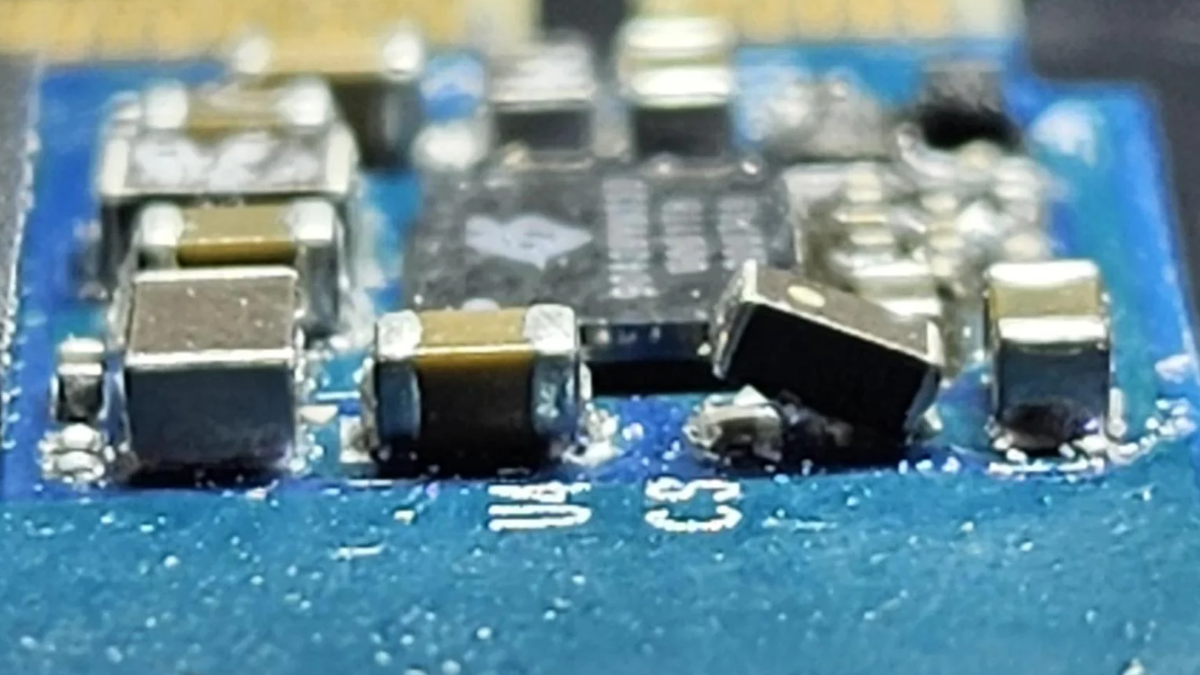SanDisk Extreme Pro Failures Result From Design and Manufacturing Flaws, Says Data Recovery Firm::A data recovery specialist from Austria uncovers several possible hardware reasons for the Extreme Pro’s failures.
I’m fed up with external hard drives. Every single one I get fails within 2 years. I got a Western Digital “my passport” 2TB hard drive and it only took a year to start making loud clicking noises (failure imminent). Are there any ones out there that are actually built to last, or am I just unlucky?
Get a cheap 2.5" SATA enclosure or an m.2 enclosure and throw a real SSD in it. That’s what I’ve been doing and I get significantly higher speeds for significantly cheaper, as well as not having any fail on me
Dont use SSDs for offline backups. The flash storage can experience random bit flips if not powered on every now and then.
Do you have more info?
The minimum specs I’ve seen for NAND flash chips are 10 year retention time at room temperature.
Being powered on isn’t enough to change this, the firmware would have to be actively reading, erasing and writing blocks of data to refresh them. I’m sure there are some that will do this, but it would increases some other data loss risks, wear rates and power draw; so I suspect (?) it’s not universal.
My professor told me this fact in class, but upon searching for papers I did not find anything to support it.
So probably you are right.
Me having some datasheets that claim one thing doesn’t mean it applies to everything and every implementation. Your prof might be right.
This is the best summary I could come up with:
A new report from a data recovery company now points the finger at design and manufacturing flaws as the underlying issue with the recent flood of SanDisk Extreme Pro failures that eventually spurred a class action lawsuit.
It became clear in May that some of Western Digital’s SanDisk Extreme Pro 4TB SSDs suffered from sudden data loss; at this point, the company promised a firmware update to owners of the 4TB models.
However, newer revisions of these SanDisk Extreme Pro SSDs seem to have been modified with extra epoxy resin to secure the oversized components.
To follow up on its investigation, the Verge quizzed Western Digital about the recurring issue with its Extreme Pro SSDs but did not receive a response as of August 19, 2023.
This is more common with low-quality or counterfeit drives, but this is certainly not the case with the SanDisk Extreme Pro products bought from prominent retailers like Amazon.
While one of the issues is that some of Western Digital’s SanDisk Extreme Pro suddenly lose data, another is that the company hasn’t communicated well about the problems.
The original article contains 580 words, the summary contains 177 words. Saved 69%. I’m a bot and I’m open source!
Bad bot. You’ve removed most of the meat of the article. TL:DR - Oversized components and cheap solder cause weak connections and make the drives prone to breaking. It also impacts 2GB and 3GB drives.
deleted
Behind every driverless car is a team of humans with xbox controllers.
As long as the controller is not wireless and handed over to wealthy titanic tourists… Okay, that was dark. I apologise.
It’s fine, so is the sea at those depths.
The controllers were probably one of the most reliable parts of that sub, but I appreciate your effort.






